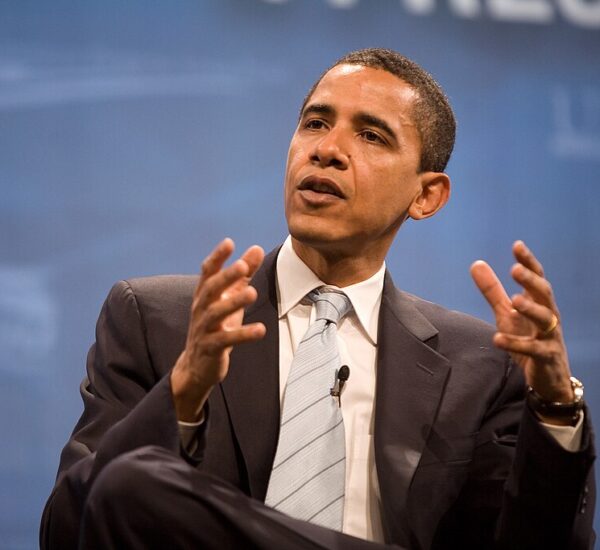Democrats Says Trump Ruining America’s Credibility
Senator Ben Cardin (D-Md.), the outgoing chair of the Senate Foreign Relations Committee, recently raised concerns over comments made by President-elect Donald Trump about the Panama Canal, warning that such remarks could damage America’s credibility on the global stage.
In a television interview, Cardin criticized Trump’s suggestion that the United States should regain control of the Panama Canal, which was transferred to Panama in 1999 under a treaty approved by the U.S. Senate. Cardin argued that Trump’s position could signal to America’s allies that the U.S. is unreliable, especially when it comes to honoring international agreements. He stressed that the Panama Canal issue is a product of a longstanding treaty, and disregarding such agreements could have serious diplomatic consequences.
Trump made these comments at a Turning Point USA event, where he discussed the possibility of taking back control of the Panama Canal if Panama was not honoring the terms of the treaty. He suggested that the U.S. could demand the canal’s return quickly and without hesitation, should Panama fail to treat the U.S. fairly in accordance with the terms of the deal. His remarks were met with enthusiastic support from the audience, with one person even suggesting, “Take it back,” which Trump supported.
Cardin saw a troubling pattern in Trump’s rhetoric, pointing to similar comments the president-elect made during his first administration, particularly his threats to withdraw from NATO. These remarks, according to Cardin, raised serious questions about America’s commitment to its allies and international obligations. The concern was that such statements might encourage adversaries like Russia and China to challenge U.S. influence, particularly if other countries began questioning whether the U.S. could be relied upon to honor its commitments.
While many Republicans may view Trump’s stance on the Panama Canal as part of his broader America First approach, which seeks to prioritize U.S. interests in international negotiations, Cardin’s warnings highlight the potential risks of such an approach. Dismissing established treaties and agreements could jeopardize U.S. leadership and credibility, making it more difficult for America to maintain strong alliances and influence around the world. This debate underscores a broader challenge in U.S. foreign policy—balancing national sovereignty and protecting American interests while maintaining trust with global partners.







So-called “dreamers ” no matter HOW the left “spins” it, are still here ILLEGALLY. There is a “process”in order to be allowed into our country, and these “dreamers”, and hordes of border-jumping invaders, BROKE THE LAW, and actually, are basically spitting in the faces of those that chose to be in this country the LEGAL way, (as well as the DEMOCOMMUNISTS that allowed them to come into this country ILLEGALLY, all for PROFIT gain by laying off American workers, in order to hire ILLEGALS as their MORE CONTROLLABLE cheap labor, and (of course) new democommunist voters)